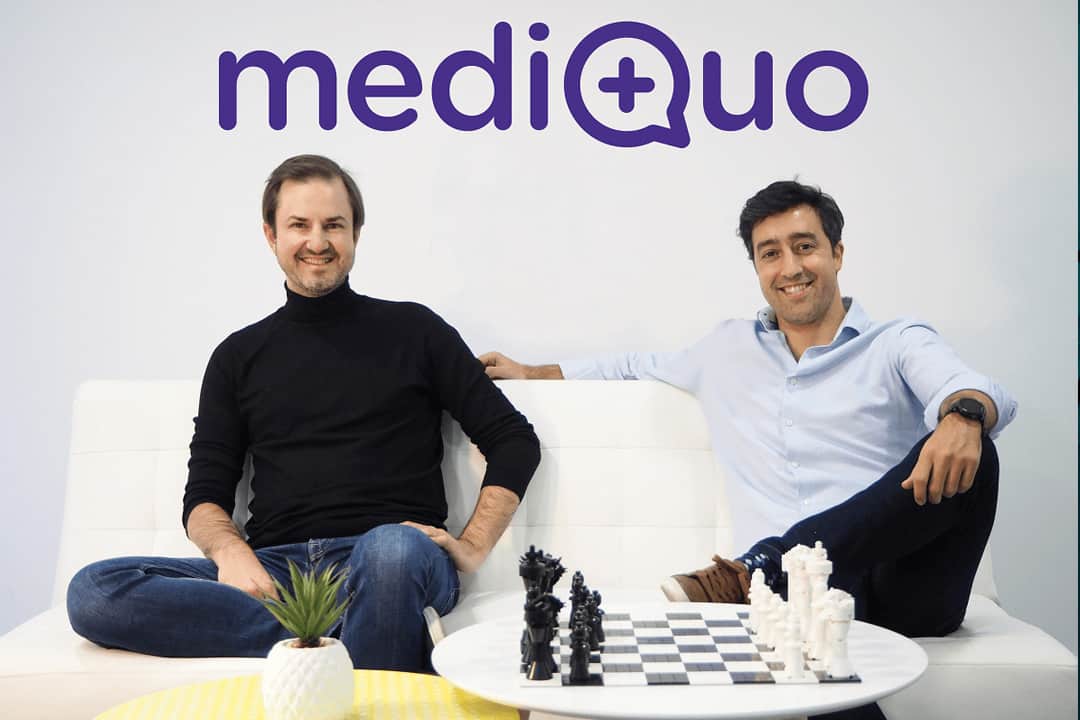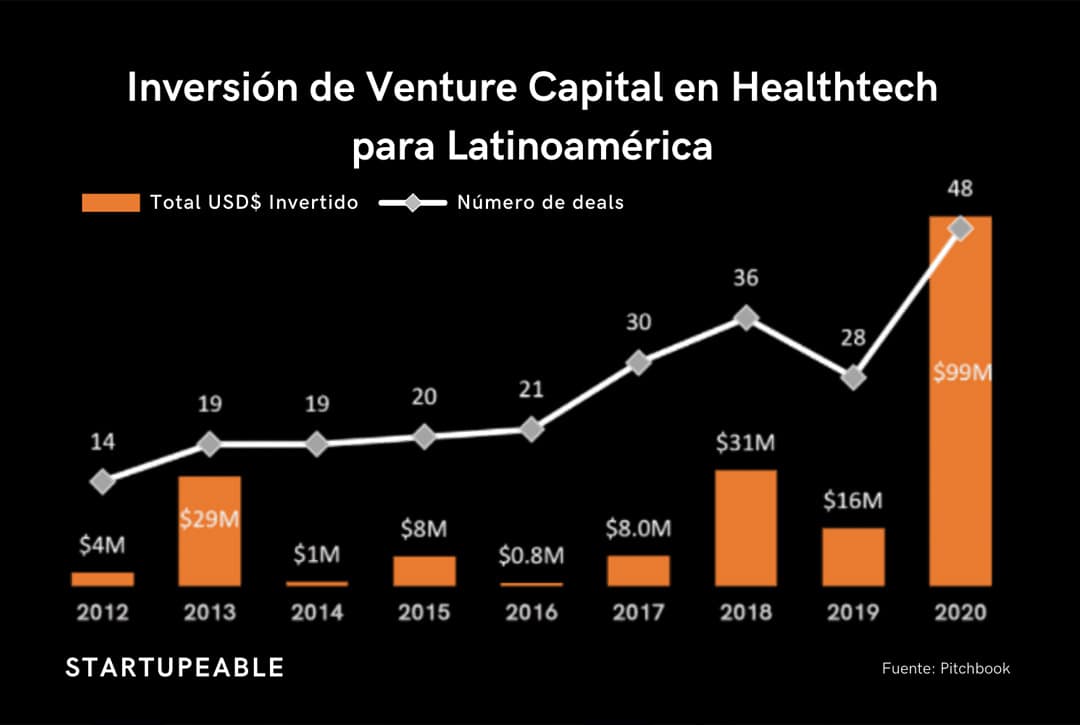
Por Ayax Bellido
December 6, 2023
Mediquo, a telemedicine startup operating in Spain, Brazil, and Ecuador, is on a promising trajectory to double its sales and exceed USD $3 million in 2024. Focused on expansion and consolidation in the Latin American market, Mediquo positions itself as a key player in the digital health sector for the coming year.
In Brazil, Mediquo has set a goal to reach USD $870 thousand in revenue this year, projecting between USD $2 to USD $3 million for next year. In Ecuador, the startup has already achieved sales over USD $200,000. The company stands out for allowing healthcare professionals to provide care to their patients via chat, calls, and video calls, ensuring efficient and safe medical service.
Mediquo’s platform has attracted over one million registered users and manages around 1.5 million consultations annually. This reach is largely due to its latest funding round of USD $1.4 million, closed last April. This capital has been crucial in strengthening its presence in Spain and advancing its expansion throughout Latin America. The Silanes Group led this round, with participation from Encomenda, Trampoline Venture Partners, Capital Cell, and Tokavi.
During 2023, the startup has established strategic alliances with several companies in the health sector, highlighting its agreement with the insurer Asisa, which has selected Mediquo as its service provider. Additionally, it has strengthened collaborations with partners such as Capsbe (CatSalut), GSK, Novo Nordisk, AIG, and Inmedical.

Mediquo doesn’t stop here and is seeking more agreements with other companies and insurers to expand its telemedicine services, in a sector that is experiencing rapid growth in the region.
A recent report from the Inter-American Development Bank (IDB) projects that the digital health sector in Latin America could be worth up to USD $20 trillion by 2024. This data underscores the interest of investors in the region’s health startups. In fact, according to data published by Pitchbook, venture capital investment in this area reached USD $48 million in 2020.